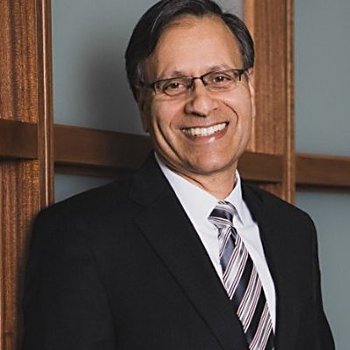- Resources. Platforms, processes and physical environments such as labs that make it easy to create, evaluate, adapt and repeat.
- Latitude. Dead ends aren’t failures if someone learns from the path and charts a new and better course. Employees must be granted room and time for trial and error.
- Diverse thinking. The core of innovation is new ideas and ways of thinking, and you only get that when you invite different perspectives to the table (or lab).
- Cross-functional teams. Put similar people around the table and you’ll get the same answers, and the same results. Pull different functions, tenures and types of people together, give them freedom, and you’re more likely to generate ideas that become solutions.
It’s this last characteristic where I have seen the most change in recent years. Early career professionals are expected to contribute from day one. Experienced employees are eager to learn from new and fresh viewpoints, and also share their knowledge of business and customer needs.
We host a variety of internal events where organically formed teams come together to problem-solve. These teams are not stratified by experience level or role, by function or region. The result is the ability to move from an invention mindset (creating something new) to innovation (creating something new of value) much more quickly.
Customers Drive Value
Customers drive our innovation. We solve the problems that matter to them.
If you want a career in innovation, look for a company with the resources, technologies, industry expertise and market presence to drive collaboration across the organization, and not just in technical or customer-facing spaces.
We connect the imaginations of people with the intelligence of machines to expand what is humanly possible, making the world more intelligent, more connected and more productive. Our success in this regard is one of the reasons we were included on the Fast Company’s 2019 Best Workplaces for Innovators.
We stand with the problem solvers, the builders, the makers and the innovators because we belong to that community. And we stand ready to lead the way.

